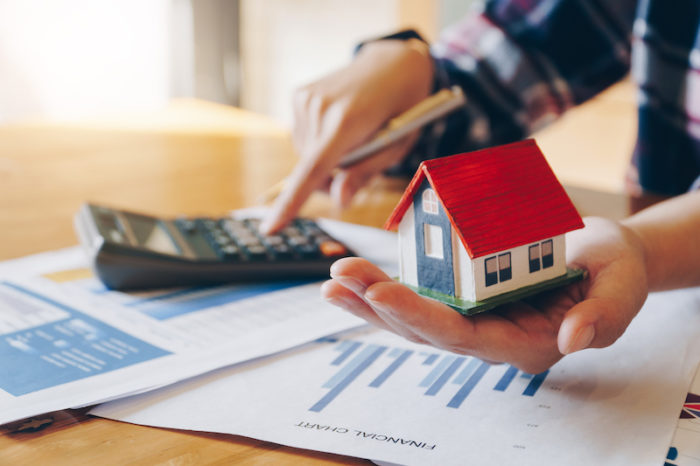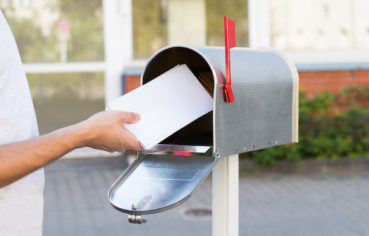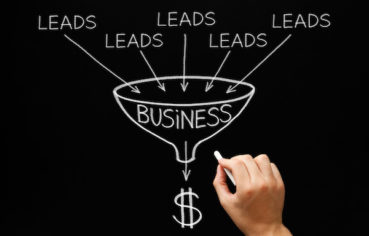What Are Real Estate Holding Costs?

It is wise to know what your real estate holding costs are so you can ensure you are making a profit. Holding costs, or carrying costs, on a real estate investment can put a big dent in your profits if you aren’t careful. Depending on how long you own the property with no one making payments to you, you will be responsible for holding costs every month.
Because of this, it is important to have an exit strategy in mind before you make a real estate investment. If you are going to sell a property outright, how long will it take? If you are going to look for a tenant for a lease option, how long will it take? Every month the property stands unsold or vacant, holding costs add up.
Common Holding Costs
The holding cost is the amount of money it takes to own a property each month. This includes everything from loan payments to maintenance. There are many holding costs involved with owning a property, but here are a few of the most common:
House Payment
This includes a mortgage, rent, or any type of payment for owning a property. For instance, if you plan on a deal that is subject-to the seller’s loan you need to plan to make the payment. A subject-to-deal means you keep the seller’s financing in place and take ownership without using your own credit. In this situation you will be responsible for the payment until you sell the property or find a tenant.
Homeowners Association (HOA) Fees

Some homes might be in a community with an HOA fee. The fees vary and can range from $20 up to hundreds of dollars a month.
Utilities
The cost of required utilities is a part of your holding costs. This includes electricity, gas, water, trash, and any other utility service the house requires. If the property sits vacant, you can turn off any utilities not required by the city.
Taxes
Property taxes are a carrying cost, and will need to be added into your estimates.
Property Management
If you plan to invest in rental properties, you might hire a property management company. We consider this cost a holding cost.
Insurance
As long as you own a property there will need to be insurance. There are different plans for rentals and vacant homes that have differing costs. If you are unsure, you can get an estimate from an insurance company before purchasing a property.
Maintenance
Maintenance costs can add up, especially on older homes. This includes:
- Landscaping
- Carpet cleaning if a rental
- Gutter maintenance
- HVAC tune-ups
The costs can add up, and having an estimate before making an investment is a good idea.
The Bottom Line
Be prepared for carrying costs. Even if you don’t plan to hold on to the property long, you never know what will happen. The last thing you want is months of months of holding costs adding up and eating into your profits. If you have them in your plan, like I show my students on the net equity sheet, you won’t be in for a shock.
To learn more about real estate investing without using your own cash or credit, I invite you to attend one of my live events or check out my free Investor kit. The sooner you start the faster you will be on your way to financial freedom.


